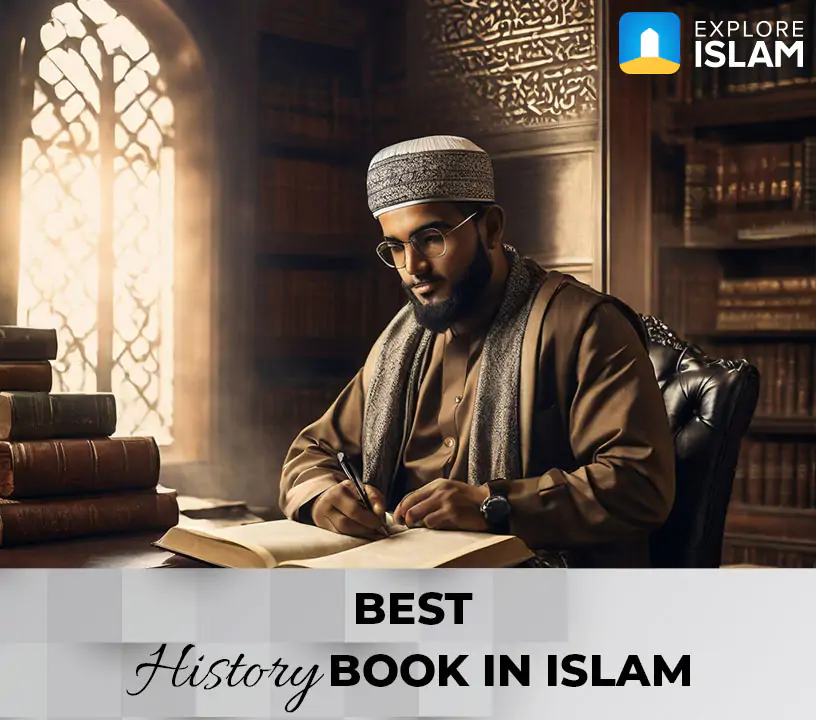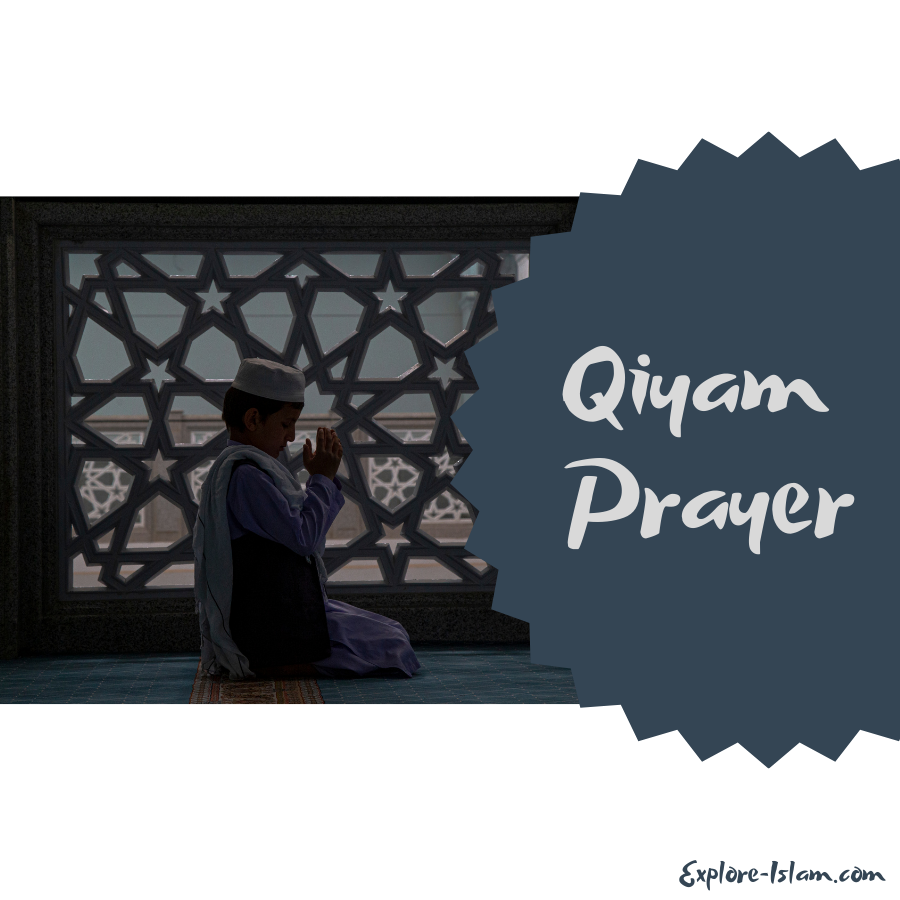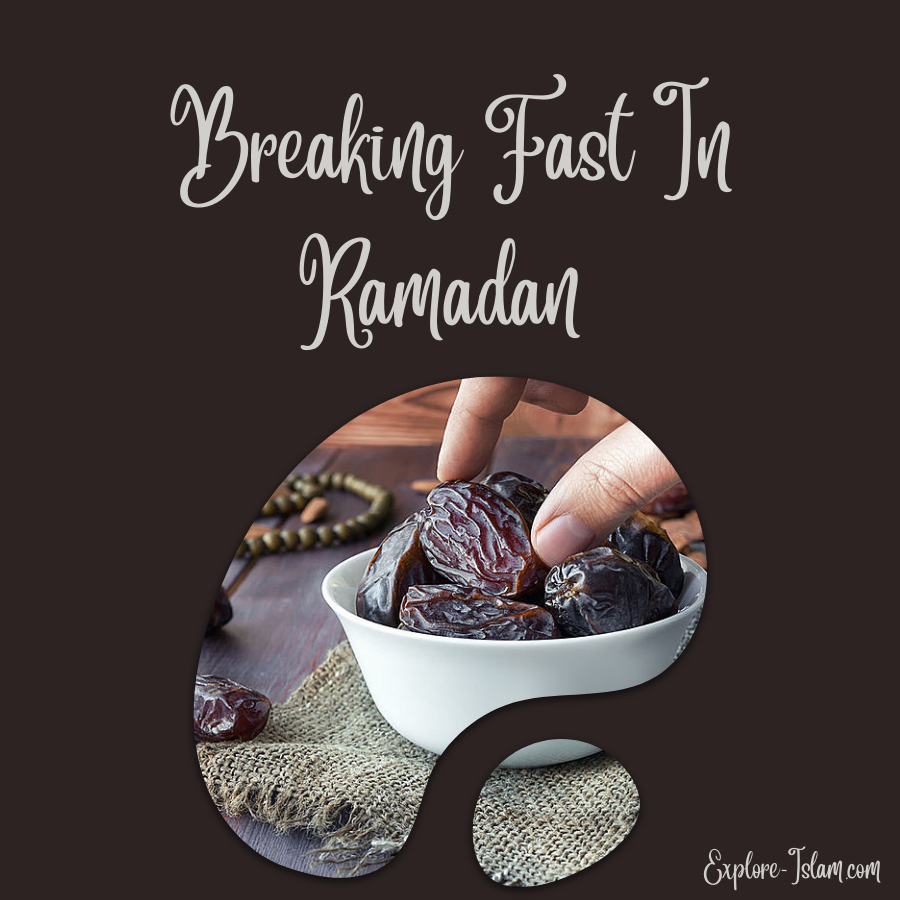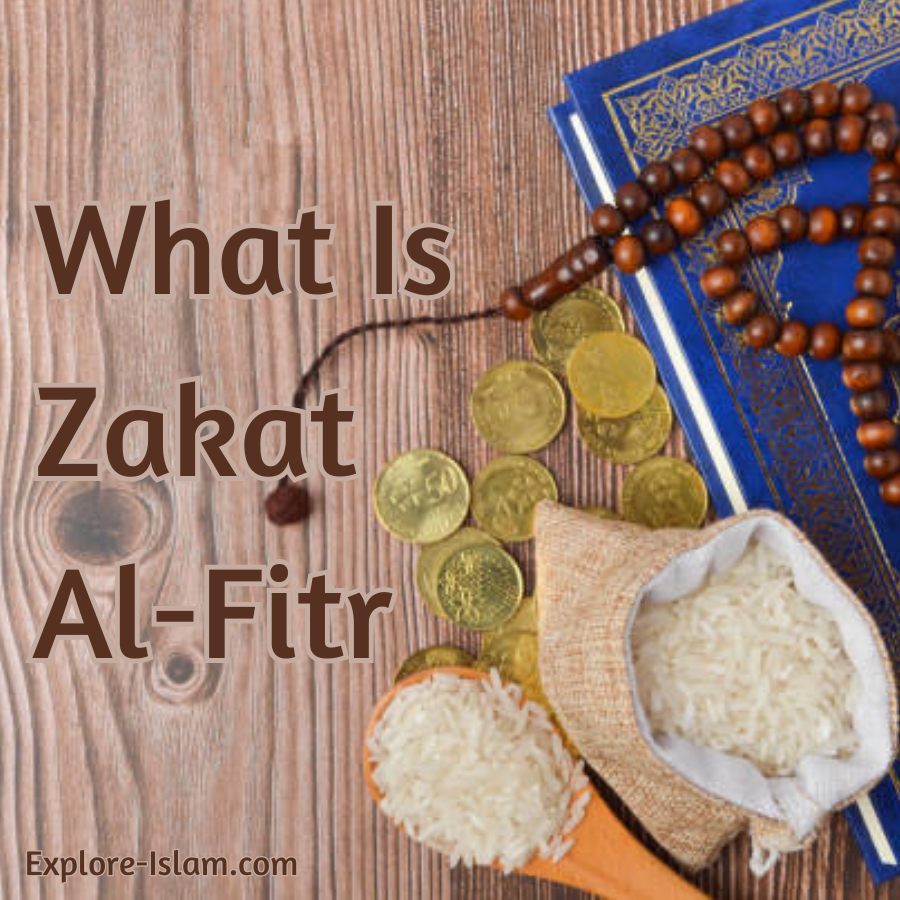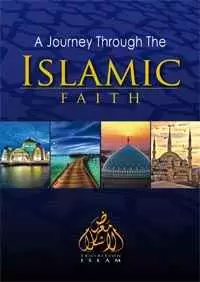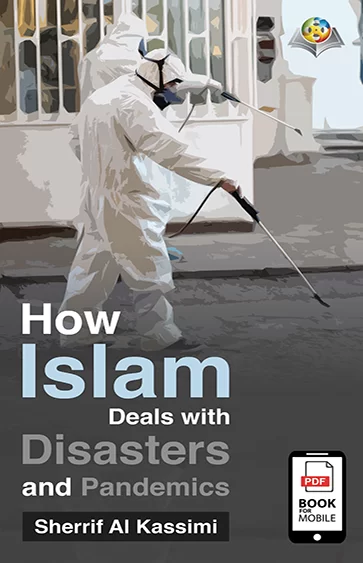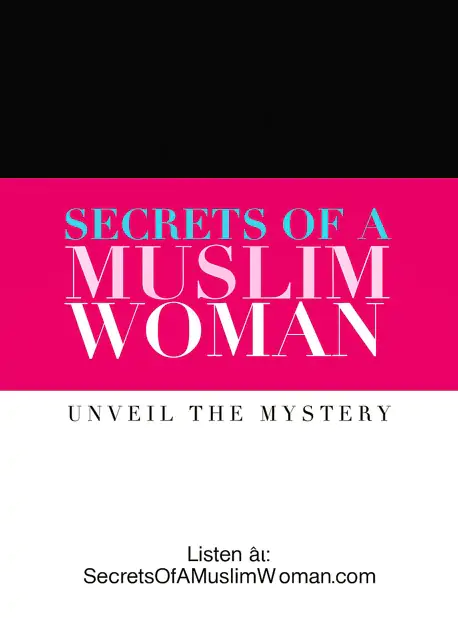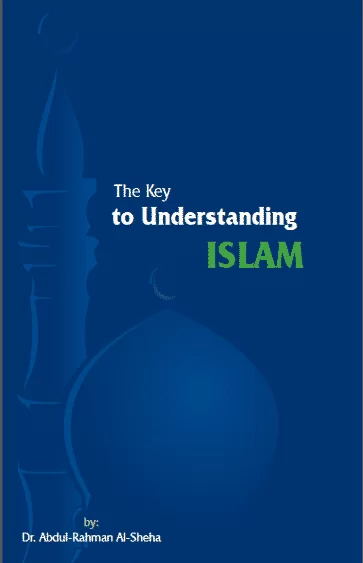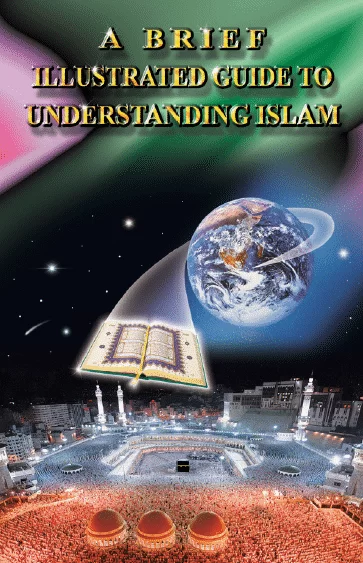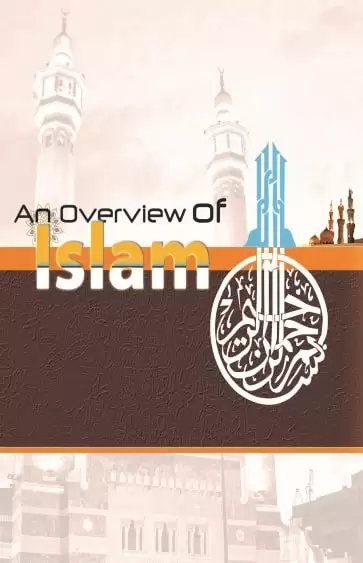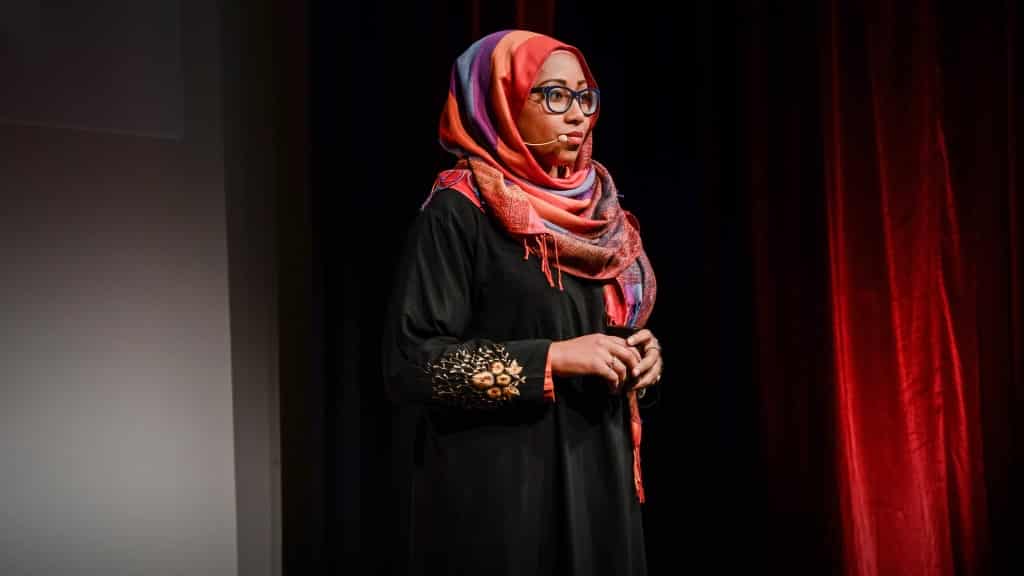Islam, one of the world’s major religions, has a profound and complex history that spans over fourteen centuries. This rich tapestry of events, personalities, and ideas has been meticulously documented by countless scholars and historians. For those seeking to delve deeper into the fascinating world of Islam, authentic Islamic history books serve as invaluable resources. These books provide a comprehensive understanding of the origins, development, and significant milestones of the Islamic faith. In this article, we will explore a curated selection of 19 books that offer insightful and accurate portrayals of Islamic history.
Here we will learn the following:
- The Qur’an by Muhammad A. S. Abdel Haleem:
- Muhammad: His Life Based on the Earliest Sources by Martin Lings
- Lost Islamic History by Firas Alkhateeb
- A Portrait of the Prophet by Imam Muhammad Ibn ‘Isa At-Tirmidhi
- The Venture of Islam by Marshall G. S. Hodgson
- A History of Islamic Societies by Ira M. Lapidus
- Muhammad: A Very Short Introduction by Jonathan A.C. Brown
- The Oxford History of Islam edited by John L.
- Islamic Civilization in Thirty Lives: The First 1,000 Years by Chase F. Robinson
- The Cambridge Illustrated History of the Islamic World by Francis Robinson
- Encyclopædia of Seerah” by Afzalur Rahman
- The House of Wisdom: How Arabic Science Saved Ancient Knowledge and Gave Us the Renaissance by Jim Al-Khalili
- Islamic Science and the Making of the European Renaissance by George Saliba
- The Crusades Through Arab Eyes by Amin Maalouf
- The Autobiography of Malcolm X
- Destiny Disrupted: A History of the World Through Islamic Eyes by Tamim Ansary
- The Muqaddimah by Ibn Khaldun
- Ar-Raheeq Al-Makhtum by Sheikh Safi-ur-Rahman al-Mubarakpuri
- In the Footsteps of the Prophet by Tariq Ramadan
- Conclusion
Book 1 : “The Qur’an” by Muhammad A. S. Abdel Haleem:
A renowned scholar of Islamic studies, Abdel Haleem presents a clear and accessible translation of the Qur’an into English, accompanied by detailed footnotes and explanations that illuminate the historical context, linguistic nuances, and theological concepts within its verses.
Book 2: “Muhammad: His Life Based on the Earliest Sources” by Martin Lings
This biography offers profound insights into the life of Prophet Muhammad, meticulously drawing from the earliest and most authentic sources available. Martin Lings provides a detailed and authoritative account, bringing the Prophet’s life and legacy to light with great depth and accuracy.
Book 3 : “Lost Islamic History” by Firas Alkhateeb
“Lost Islamic History” by Firas Alkhateeb unveils the hidden gems of Islamic civilization, highlighting its often-overlooked contributions to various fields. The book challenges prevailing narratives and encourages a comprehensive understanding of the rich history and achievements of the Islamic world.
Book 4 : “A Portrait of the Prophet” by Imam Muhammad Ibn ‘Isa At-Tirmidhi
“A Portrait of the Prophet” by Imam Muhammad Ibn ‘Isa At-Tirmidhi offers a unique perspective on the life and character of Prophet Muhammad (peace be upon him). This collection of narrations and anecdotes provides valuable insights into his interactions, teachings, and personal qualities as witnessed by his contemporaries, highlighting his profound impact and exemplary character.
Book 5 : “The Venture of Islam” by Marshall G. S. Hodgson
“The Venture of Islam” by Marshall G. S. Hodgson is a comprehensive exploration of Islamic civilization through the ages. This three-volume series offers an exhaustive study, covering the development and influence of Islamic civilization from its early days to the seventeenth century, providing deep insights into its cultural, social, and political evolution.
Book 6 : “A History of Islamic Societies” by Ira M. Lapidus
“A History of Islamic Societies” by Ira M. Lapidus offers an in-depth analysis of the evolution of Islamic societies. The book presents a comprehensive history, exploring the religious, social, economic, and political aspects of Islamic civilizations across different eras and regions, providing a detailed and nuanced understanding of their development and impact.
Book 7 : “Muhammad: A Very Short Introduction” by Jonathan A.C. Brown
“Muhammad: A Very Short Introduction” by Jonathan A.C. Brown provides a concise and accessible overview of the life and significance of the Prophet Muhammad (PBUH). The book explores key aspects of his biography, his role in founding Islam, and his enduring impact on Muslim belief and practice. Brown also addresses various perspectives on Muhammad, incorporating both historical and contemporary viewpoints to offer a well-rounded understanding.
Book 8 : “The Oxford History of Islam” edited by John L.
“The Oxford History of Islam,” edited by John L. Esposito, offers authoritative insights into Islamic history through a collection of essays by leading scholars. This comprehensive account covers the diverse and rich history of Islam, providing in-depth analysis and perspectives on its development, cultural achievements, and global impact.
Book 9 : “Islamic Civilization in Thirty Lives: The First 1,000 Years” by Chase F. Robinson
In “Islamic Civilization in Thirty Lives: The First 1,000 Years,” Chase F. Robinson presents the lives of thirty key individuals who played significant roles in shaping Islamic civilization. Through these biographical sketches, the book offers insights into the diverse contributions and impacts of these figures, illuminating the development and richness of Islamic history over its first millennium.
Book 10 : “The Cambridge Illustrated History of the Islamic World” edited by Francis Robinson
“The Cambridge Illustrated History of the Islamic World,” edited by Francis Robinson, offers a visually rich journey through the diverse history of the Islamic world. This beautifully illustrated book covers Islamic history from its early days to the present, providing readers with engaging visuals and comprehensive narratives that highlight the cultural, political, and social developments across different eras and regions.
Book 11 : “Encyclopædia of Seerah” by Afzalur Rahman
“The Encyclopædia of Seerah” by Afzalur Rahman, with contributions from Abdullah Naseef, is a detailed and structured biography of Prophet Muhammad (PBUH). This comprehensive work covers his life, teachings, and the historical context of 7th century Arabia. It serves as an essential resource for understanding the Prophet’s significant impact on Islam and the broader world.
Book 12 : “The House of Wisdom: How Arabic Science Saved Ancient Knowledge and Gave Us the Renaissance” by Jim Al-Khalili
In “The House of Wisdom,” Jim Al-Khalili explores the significant contributions of Islamic scholars to science, mathematics, and philosophy during the Golden Age of Islam. The book highlights how these scholars preserved and expanded upon ancient knowledge, ultimately influencing and fueling the European Renaissance. Al-Khalili provides a compelling narrative of the intellectual achievements and enduring legacy of Islamic civilization.
Book 13 : “Islamic Science and the Making of the European Renaissance” by George Saliba
In “Islamic Science and the Making of the European Renaissance,” George Saliba highlights the significant influence of Islamic scientific advancements on the European Renaissance. The book traces how the knowledge and innovations developed by Islamic scholars in fields such as astronomy, mathematics, and medicine played a crucial role in shaping the intellectual landscape of Renaissance Europe. Saliba provides a detailed account of the transmission and impact of Islamic science on Western thought.
Book 14 : “The Crusades Through Arab Eyes” by Amin Maalouf
In “The Crusades Through Arab Eyes,” Amin Maalouf offers a unique perspective on the Crusades based on Arab sources. The book provides fresh insights into this tumultuous period, highlighting the experiences and viewpoints of the Arab world. Maalouf’s narrative challenges traditional Western accounts, shedding light on the profound impact of the Crusades on Arab societies and their enduring legacy.
Book 15 : “The Autobiography of Malcolm X”
“The Autobiography of Malcolm X” as told to Alex Haley chronicles the transformative life of Malcolm X, a prominent figure in the civil rights movement. The book details his journey from a troubled youth to a leading advocate for black empowerment and social justice, culminating in his embrace of Islam. It offers an in-depth look at his evolving beliefs and the profound impact he had on American society.
Book 16 : “Destiny Disrupted: A History of the World Through Islamic Eyes” by Tamim Ansary
In “Destiny Disrupted: A History of the World Through Islamic Eyes,” Tamim Ansary presents a global history from the perspective of Islamic civilizations. The book offers a unique viewpoint, reinterpreting significant global events through the lens of the Islamic world and providing insights into how these events were experienced and understood by Muslim societies. Ansary’s work aims to bridge the gap between Western and Islamic historical narratives.
Book 17 : The Muqaddimah” by Ibn Khaldun
Considered a seminal work in historiography and sociology, Ibn Khaldun’s “The Muqaddimah” offers a groundbreaking analysis of historical events and human society, exploring topics such as the rise and fall of civilizations, the role of social cohesion, and the cyclical nature of dynasties and empires.
Book 18: Ar-Raheeq Al-Makhtum” by Sheikh Safi-ur-Rahman al-Mubarakpuri
This comprehensive biography of the Prophet Muhammad provides a detailed account of his life, teachings, struggles, and achievements, drawing from historical sources such as the Qur’an, Hadith, and other records to offer an authentic portrayal of the beloved messenger of Islam.
Book 19 : In the Footsteps of the Prophet” by Tariq Ramadan
Tariq Ramadan’s book blends historical biography with spiritual contemplation, offering practical lessons from the Prophet Muhammad’s life applicable to contemporary challenges. Ramadan’s approach is both thoughtful and inspiring, encouraging readers to reflect on ethical and spiritual values.
Conclusion
These books provide a diverse range of perspectives and insights into the multifaceted history of Islam. Whether you are a scholar, a student, or simply an individual seeking to expand your knowledge, these authentic Islamic history books will take you on a captivating journey through the annals of Islamic history. From the life of Prophet Muhammad to the contributions of Islamic civilizations, from the Golden Age of Islam to the challenges faced by Muslims today, these books offer a wealth of knowledge and understanding. By engaging with these works, readers can develop a nuanced perspective on the faith, fostering dialogue, appreciation, and a deeper understanding of one of the world’s great religions.

